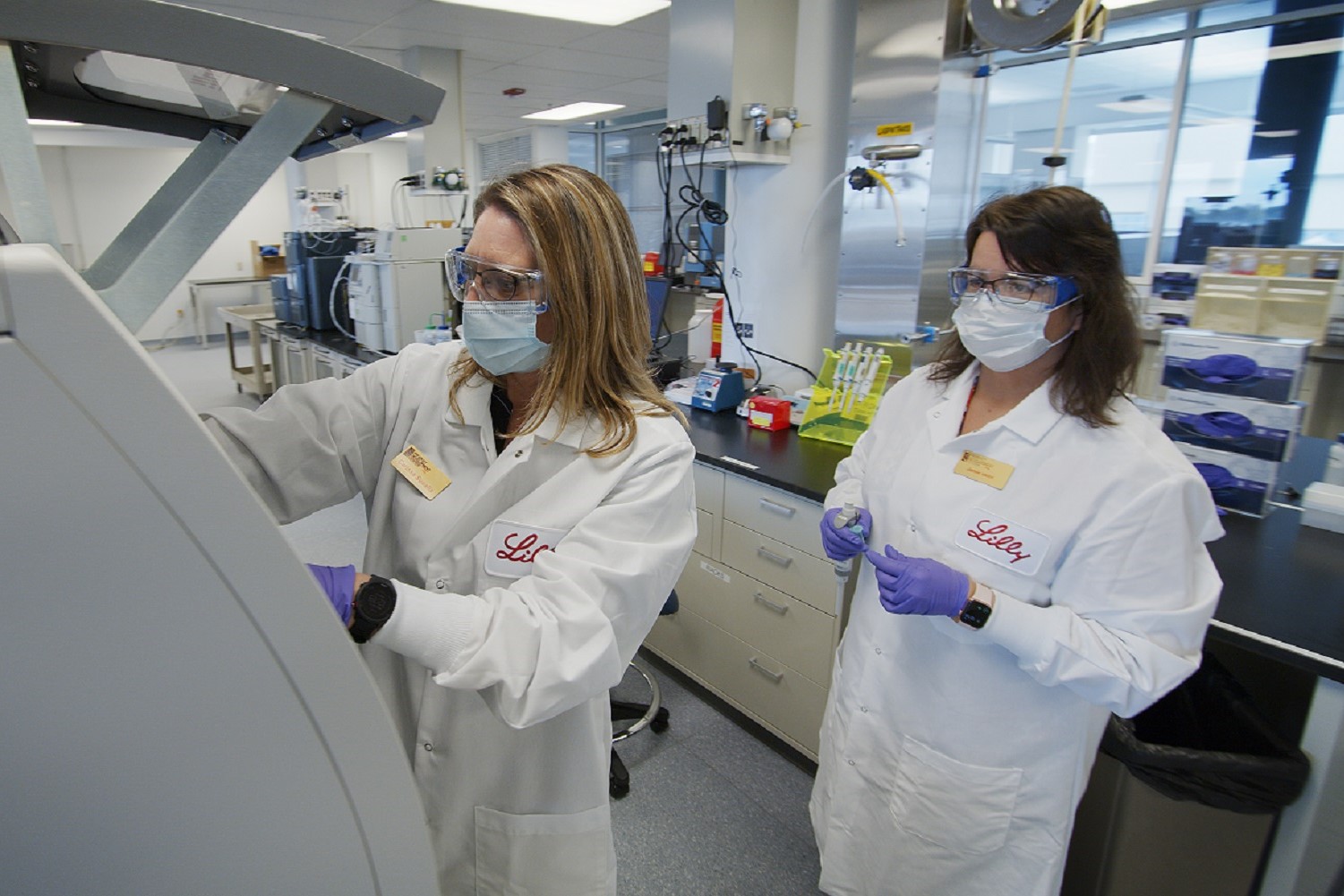Think of your last visit to your doctor’s office. Maybe you were wrapping up a Bluetooth-facilitated conference call as you walked in the front door; perhaps your car’s GPS system cleanly delineated your entire route, dictated in Siri’s soothing tones; more than likely, you scrolled through emails or gave a last, cursory glance at Facebook before your name was called.
While digital technology empowers us through most of our lives, stepping through the threshold of a 21st century health care system feels like an abrupt time-warp back to the stone age:
As a patient juggling clipboards and endless reams of paper, scheduling issues, excessive wait times, and a lack of care coordination are the norm.

With the Rise of AI, What IP Disputes in Healthcare Are Likely to Emerge?
Munck Wilson Mandala Partner Greg Howison shared his perspective on some of the legal ramifications around AI, IP, connected devices and the data they generate, in response to emailed questions.
For physicians, nurses, and health care providers, fragmented workflow processes and cumbersome EHR implementations monopolize the increasingly dwindling time spent with their patients.
And for health care leadership looking to improve strategic outcomes, they’re turning towards tomorrow’s solutions—from population health management tools to analytics supporting clinical decision making—with one foot firmly rooted in the technological troubles of the past….
Texas-Sized Opportunities
Don’t panic just yet—these barriers to care actually represent a blank canvas of possibility for emerging digital health startups.
“These pain points represent incredible opportunities to improve physician, nurse, and patient satisfaction,” noted Col. John Holcomb, M.D., vice chair, professor and chief of the Division of Acute Care Surgery at The University of Texas Health Science Center at Houston (UTHealth) Medical School. “The frustration of having these unrealized opportunities that we see all around us is made worse because we see them being actualized in the non-medical space.”
Throughout the Texas Medical Center— home to 56 distinct medical institutions, from hospitals to universities—reaching a consensus isn’t always easy, but in the realm of digital technologies, a common thread is emerging: a pervasive need for innovative digital health solutions to everyday problems.
“There’s a real need for platforms that allow patients to become more involved in their own care,” said Avery Cloud, chief information officer at CHI St. Luke’s Health. “They need to become co-coordinators of care; therefore, they need access to the information pertaining to their care plans, as well as easy access to their communications with their providers.”
“An ideal digital health startup would not only be delivering information but collecting and storing that information,” he added. “If we can make more of that analytic capacity available to patients and their families, I think that they can help manage wellness while also being involved in the vision and oversight of the care process. That might take the form of data analytics, discovery or storage.”
According to Cloud, companies who are striving to seamlessly blend together existing technologies will find themselves in increasingly high demand.
“If you’re an entrepreneur who’s entering this industry—where people are conversing about both the process of providing treatment and the experience of receiving care—you need to be thinking about technologies that can help us with convergence,” he observed. “When you look at what makes for a powerful tool for providing care, it’s very much like what makes for a powerful phone on your hip: multiple technologies converging and integrating in a fashion that supports the needs of clinicians and patients.”
One particularly pervasive need has become more than just a pain-point for physicians and providers—electronic health records (EHRs). While the adoption of EHRs have allowed health care systems to trade the confines of file cabinets for the open road of the digital superhighway, inputting and accessing the data they contain is a minefield.
“I think that all clinicians recognize the value of electronic medical records, in theory,” said Holcomb. “I think that what hasn’t happened is the translation of that theory into everyday clinical practice that influences all of our individual patients. The process of writing a note on a piece of paper is really efficient versus typing it into a computer. Interfacing with these systems really decreases the time that you can spend with your patients.”
While EHRs pose their own set of problems—acting as a roadblock to sharing information, delivering care end even stifling the potential for technology innovation—there are still enormous benefits to having a consistent platform and experience for providers.
For Devin Soelberg, chief customer officer at Redox—a TMCx alumni aiming to make it easier for developers and health systems to integrate with EHRs—that demand for standardization needs to be balanced with the diverse needs of distinct providers.
“I think integration is really about balancing that diversity of functionality with the experiences of physicians and providers,” he noted. “We see applications flooding into areas where the large EHR systems are underdeveloped for that demand: care coordination; medication adherence; telemedicine; palliative care. In response, agile entrepreneurs are developing tools around that, while still recognizing that the incentives to use those tools and the market needs are always going to be in flux.”
At the end of the day, leveraging these obstacles into opportunities necessitates broad-minded, forward-thinking companies that can view a larger continuum of needs while still pinpointing specific solutions.
“I liken it to an F-16 with a heads-up-display that projects critical information,” said Cloud. “It doesn’t project the entire cockpit dashboard onto the window, but there are certain key components that a pilot needs to be aware of. Through that approach, the caregiver—or pilot, in this case—is constantly aware of what’s important and doesn’t have to take his or her eyes off the horizon. We need to view medical technologies the same way, to ensure that, at a glance, caregivers are more aware of what they need to know.”
From Opportunity to Implementation: TMCx
At TMCx, we combine the resources of the world’s largest medical center with the gung-ho gumption of entrepreneurs. As we prepare to launch our upcoming digital health cohort, we’re thrilled at the prospect of facilitating the development of early-stage companies.
The world of digital health is vast—an expansive umbrella stretching over diverse technologies with equally distinct goals. Over the past several months, the TMCx team has met with CEOs, CIOs, innovation directors, physicians, supply chain managers, information services representatives and other providers to understand what “digital health” means to them. Within the framework of the health care needs of Texas Medical Center institutions, the following verticals were identified as urgent needs for 2016.
Technologies that improve the patient experience, including:
- Scheduling, pre-appointment engagement, wayfinding within the hospital campus, wait times, communications during care, coordinated care and referrals.
Solutions that improve hospital efficiency, including:
- Asset tracking and ordering, physician workflow, EHR upgrades.
Platforms that streamline strategic delivery of care, including:
- Population management, telemedicine, cyber-security, workforce collaboration and clinical decision support.
We hope that you’ll help us turn these pain-points into possibilities and bring digital health into the 21st century.
“I think some people expect that an accelerator is going to deliver contracts on a silver platter, and that’s just not reality—that’s not how this business works,” said Soelberg. “The value of an accelerator comes from the internal instructions you receive on how to grow your business, but for us it was all about the exposure to the larger Texas Medical Center community. TMCx was a great broker for that.”
Bring your digital health solution to the Texas Medical Center! Click here to apply for our cohort.














